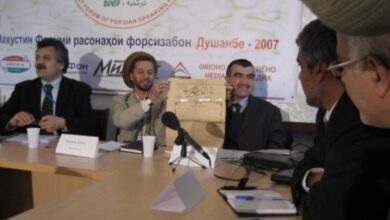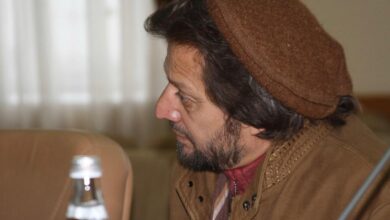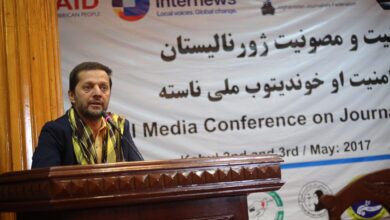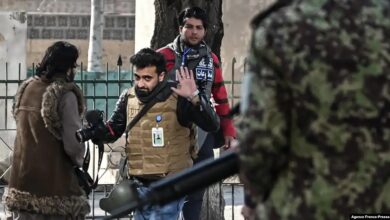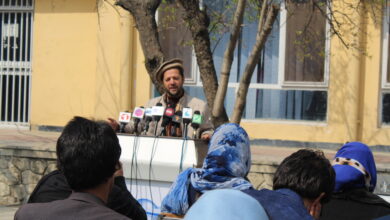Summary of the Annual Report on Freedom of Speech, Journalists, Media, and Access to Information in Afghanistan
Fahim Dashty Foundation
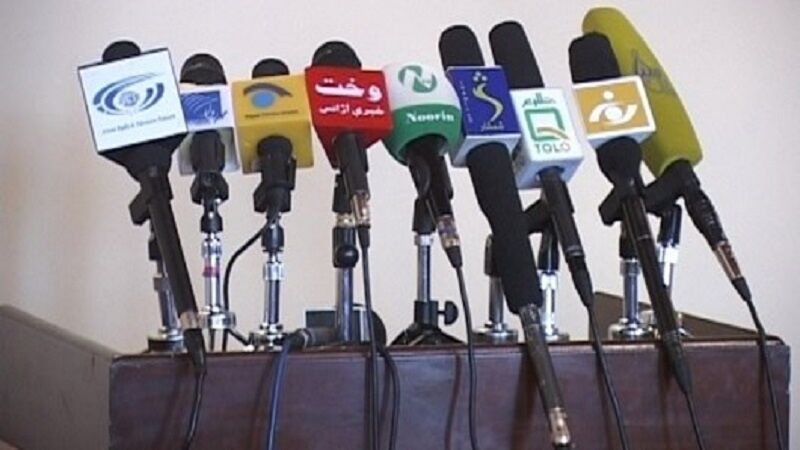
As expected, the Taliban unilaterally seized control of Afghanistan after Ashraf Ghani escaped in August 15, 2021. Despite the expectations of Afghanistan’s people and the international community, the Taliban took actions contrary to any tradition or custom of Afghanistan. These actions were based solely on their conservative interpretations of Islam and tribal practices. The Taliban’s behavior and actions have negatively affected all aspects of life in Afghanistan and put the country in general regression. The Taliban took significant measures against human rights, the right to access information, freedom of speech and media freedom.
The leadership of the Fahim Dashty Foundation (FDF), in order to study and investigate carefully and impartially the situation of journalists working in Afghanistan, media operating in this country, and freedom of expression, has determined to publish an annual report on freedom of speech, the media, journalists, and the access to information issue. The purpose of this annual report is to draw the attention of the international community to the media and freedom of expression situation in Afghanistan in order to pressure the Taliban to demonstrate flexibility in this area.
FDF published its first report on this topic this year (1402 Solar year). This report was prepared based on interviews and information obtained from a number of active journalists in Afghanistan. The report contains statistics and figures regarding violence against journalists, problems faced by women journalists, the suspension of media organizations after August 2021, and the status of the right to access information. As part of this report, FDF conducts a survey regarding the situation of freedom of expression and safety of journalists in Afghanistan.
Based on the findings of the study, Afghanistan is in a critical situation after August 2021, similar to the conditions of the first round of Taliban rule (1996-2001). As a result, human rights standards are being violated, particularly freedom of speech and freedom of the press. All of the criteria included in the indicators for measuring freedom of expression have a downward trend, and none of the criteria have been met. The mass media law is considered to be in effect, but there is no guarantee and credibility regarding its effectiveness. The Taliban are considered to use pressure on media organizations and threaten them in order to control them.
Furthermore, journalists’ security situation is becoming more critical day by day, in addition to violating freedom of expression standards. However, due to the decrease in the number of media outlets, the decrease in the number of reporters, the absence of reporting of complaints, the absence of authorities to file complaints, and the fear and threat prevailing in the atmosphere, the decrease in violence against journalists is qualitatively false. Nevertheless, the quality of the threat is high and it causes a clear and organized violation of freedom of expression. According to the Afghan Journalists Safety Committee report, 158 cases of violence, including 18 cases of injury and one case of murder, have been reported against journalists in 1401 (the solar year). The remaining cases involve torture and illegal imprisonment.
According to our research, the number of active media outlets has decreased from 250 to less than 70 since 15 August 2021. Additionally, the number of media employees has declined from around 10,000 to less than 3,000. The number of women in media has dropped from 1700 to 70 in 2021.
Freedom of expression and access to information considered as fundamental human rights. The media plays an important role in providing timely and accurate information to the public during times of crisis or war. Therefore, the foundation will publish reliable and precise reports on the state of freedom of expression and the situation of journalists and media in Afghanistan.
It is my pleasure to express my gratitude and appreciation to our colleagues at the Fahim Dashti Foundation, Mr. Sediqullah Tawhidi, Ms. Khoshnaz Mahjoub, Dr. Hameed Haami, and Kawa Aahangar. As part of the preparation of this report, they have provided comprehensive cooperation.
Sincerely,
Sayar Dashty
Director Fahim Dashty Foundation
